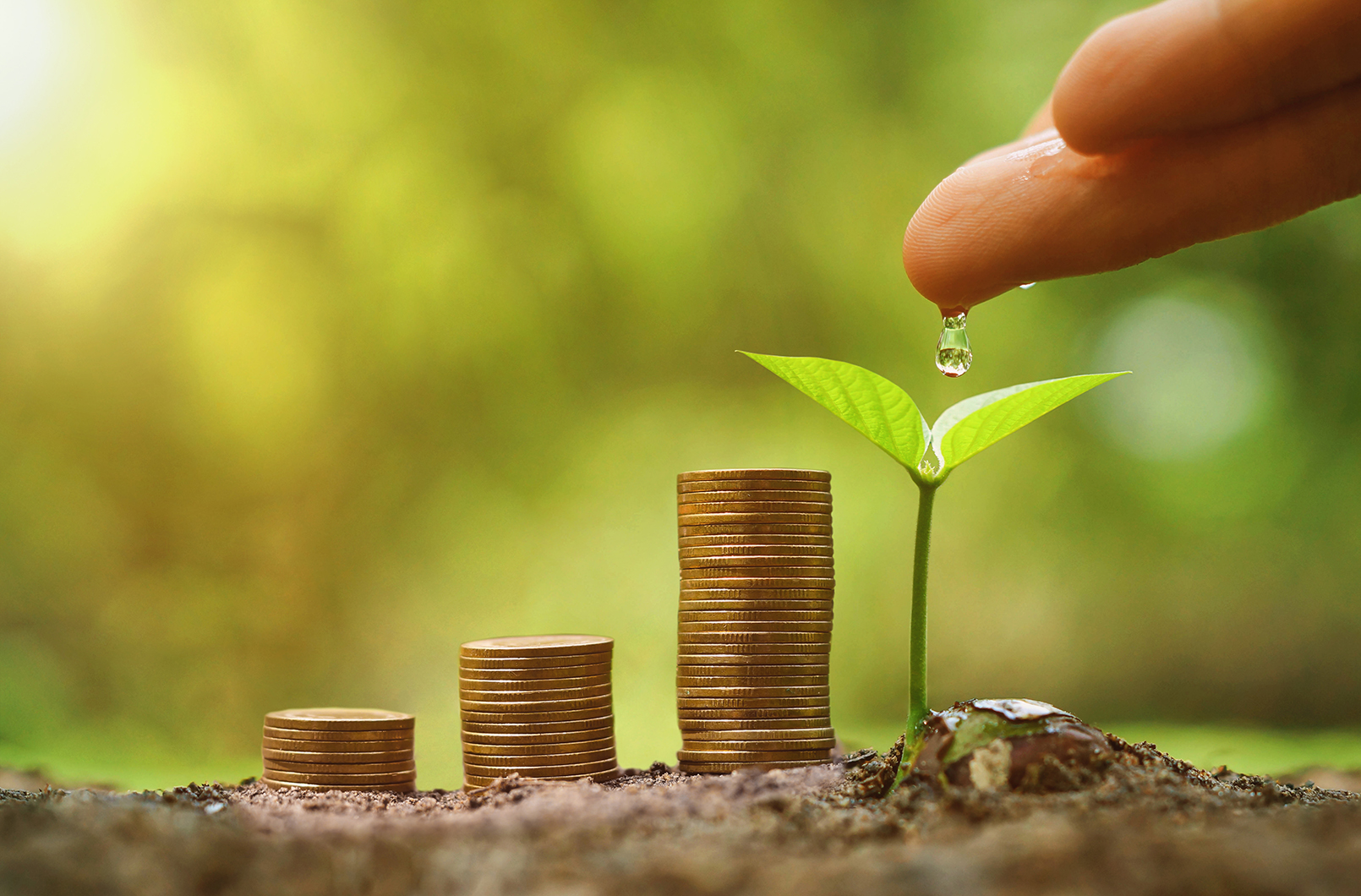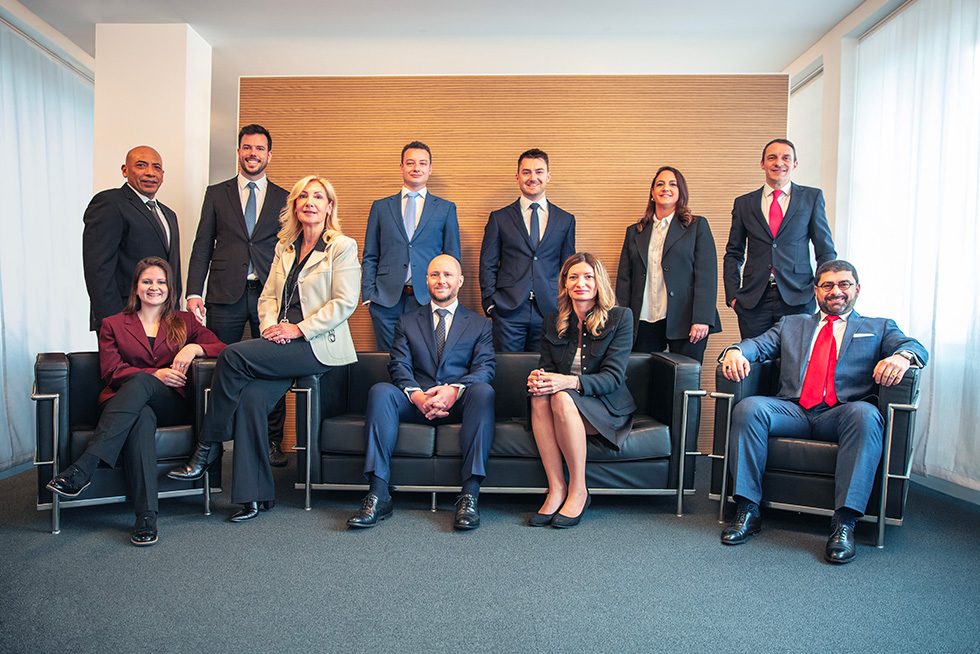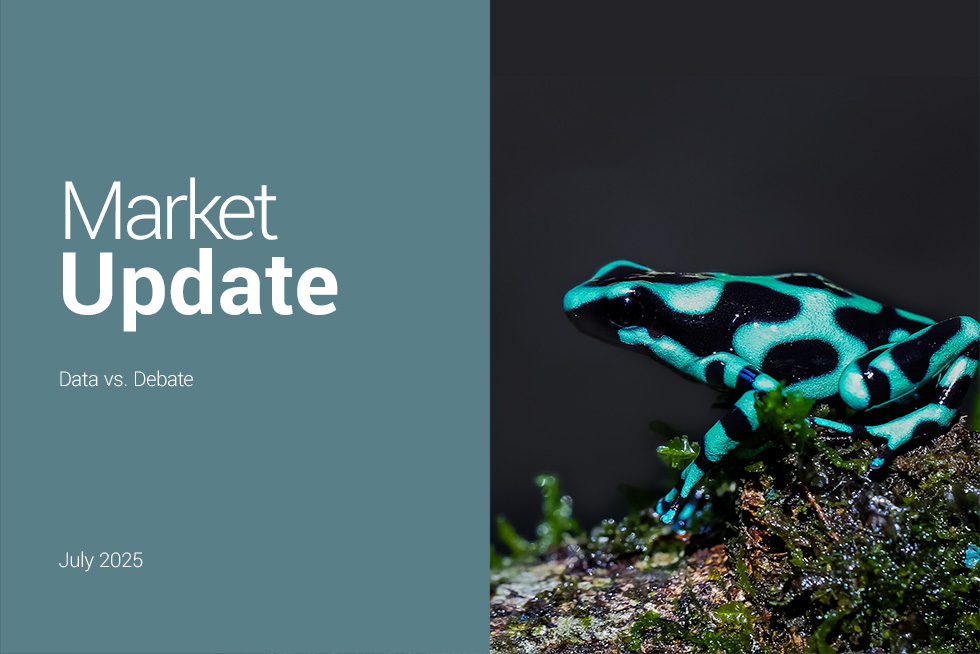Business and sustainable investment at a crossroads
Talking is no longer enough!
In October last, Anna Sacks, American activist and influencer, published a video on the social network TikTok to denounce the doublespeak by Coach, the international luxury leather goods company. In actual fact, on its website, the company drew attention to a repair service for its products, boasting about its efforts in contributing to the circular economy and reminded its audience that every gesture counted. However, the short sequence by Anna Sacks – which was shared almost 3 million times -describes how returned or unsold products of the company are slashed by its employees before being discarded, thereby preventing them from being reused.
The listed company hastily added that the number of products destroyed represented less than 1% of its global sales, that these practices had now come to an end and that it was continuing in its efforts towards sustainable development and the circular economy.
Did the activist ever imagine the impact of her post? This event, which might seem to be of little consequence, is becoming more and more frequent and highlights the mindfulness of several citizens as regards the impact of their actions and their increasing desire to actively bring about change.
With social networks everywhere, that which is at stake in the fight against climate change, against discrimination, in reducing inequalities and social inclusion occupies an increasingly important place in public realms and opinions. Consumer trends are being felt and are applying additional pressure on companies with regard to their ecological and social commitments.

The time to take action has come
The demand to make decisions and take definite action is increasing across all ages. However, the youngest out there are particularly sensitive to these topics. Many of them are left disenchanted by the inaction of political leaders in the face of the climate crisis. They want to contribute towards bringing about a renewal of a joint relationship and fundamental ways of thinking.
Student strikes for climate (Fridays for Future ou FFF) have been proof of this. Launched on 20 August 2018 before the Swedish Parliament by Greta Thunberg, this movement which aims to highlight the inadequacy of the climate policy and to encourage the emergence of swift and hefty measures for the protection of the climate, led to more than 1500 protests across 118 countries on 24 May 2019.
More recently, during the Glasgow Conference of 2021 on climate change (COP26), it was youth once again which cried out about the climate emergency, reproaching world leaders for making empty promises and comparing this conference to a greenwashing festival.
You may also like
Telomere Capital Joins ISFB
Telomere Capital has recently joined ISFB as an institutional member. On this occasion, Petra Kordosova, Head of Human Resources, discusses the motivations behind this membership.
Market Update – July 2025
June was anything but quiet, yet markets chose to look through the noise. Global equities added another 4-5% for the month, pushing the MSCI ACWI to a double-digit gain year-to-date.
Télomère participates in Bloomberg Women in Finance
Télomère was pleased to take part in the Bloomberg Women in Finance event, an essential moment dedicated to advancing women’s presence and impact in the financial sector.




